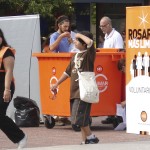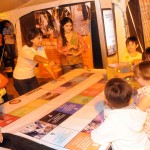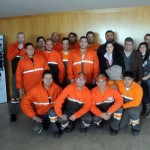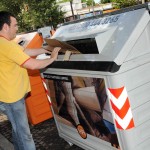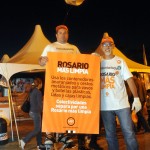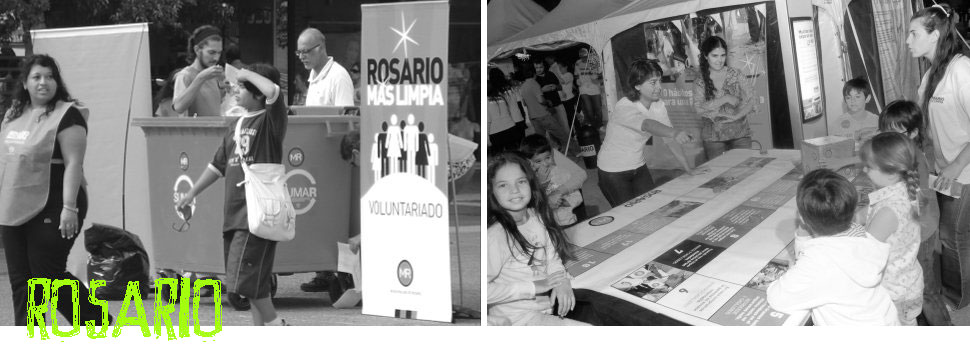
City cleaning and environmental care: the city of Rosario
The Argentinean city of Rosario has nearly 1,000,000 inhabitants and is located in the south of the Province of Santa Fe, in a geo-strategic location vis-à-vis Mercosur. The greater metropolitan area of Rosaria generates 53% of employment in Santa Fe and makes up 5% of national PIB.
In order to improve the quality of life of the population and foster environmental conservation, the City Council of Rosario set up the program “A Cleaner Rosario” in 2009. The goal was to deal with the waste management from a cross-disciplinary, participatory perspective, opting for a cultural change in order to push forward solutions to the problems of cleaning the city, to make more efficient use of public resources and foster a feeling of empowerment and belonging to the city itself.
“A Cleaner Rosario” is a comprehensive program that is structured into three areas: regulation and control of the process of city cleaning; increase in awareness and participation of the citizenry, and social inclusion and organisation of the activity of urban waste collectors.
Through this program, the municipality gave a stiff boost to the waste collecting services, while the prosecution of those breaking the law increased. Moreover, actions addressed to the citizens for them to become aware of their active participation in the problem and to get involved collectively in solving it, as participants in cultural change, have been set in motion.
In this framework, the city council prepared a Decalogue of actions as a communication tool and introduced the issue through activities such as games and discussion dynamics and communication actions in schools, public spaces, cultural and sporting events and through the Internet.
Today a great deal of work is being carried out in the care of public spaces and the reduction of waste by fostering selective waste separation and recycling. The recyclable waste is used by social projects, thus closing the cycle of cultural, environmental and social sustainability.
Citizen participation is also being promoted through volunteers. The citizens get involved in cleaning the squares and parks as well as in educational and awareness actions. To this commitment we can add that of businesspeople, who give their employees time off to work as volunteers as well as providing space for the collection of recyclable materials.
The City Council has also involved its workers in waste collection, showing appreciation for their work and making them aware of the importance of the role they play in taking care of the city.
“A Cleaner Rosario” continues to work to make Rosario the cleanest city; not by being the one that is cleaned the most but by being the one that is dirtied the least, by establishing a cultural change capable of reversing behaviour that is today socially and environmentally unsustainable.
Charter of Educating Cities: principle eleven
The city must guarantee the quality of life for all its inhabitants. This requires creating a balance with its natural surroundings, providing the right to a healthy environment, as well as the right to housing, employment, leisure and public transportation, amongst others. At the same time, the city shall actively promote health education and the participation of all its inhabitants in the best practices of sustainable development.

